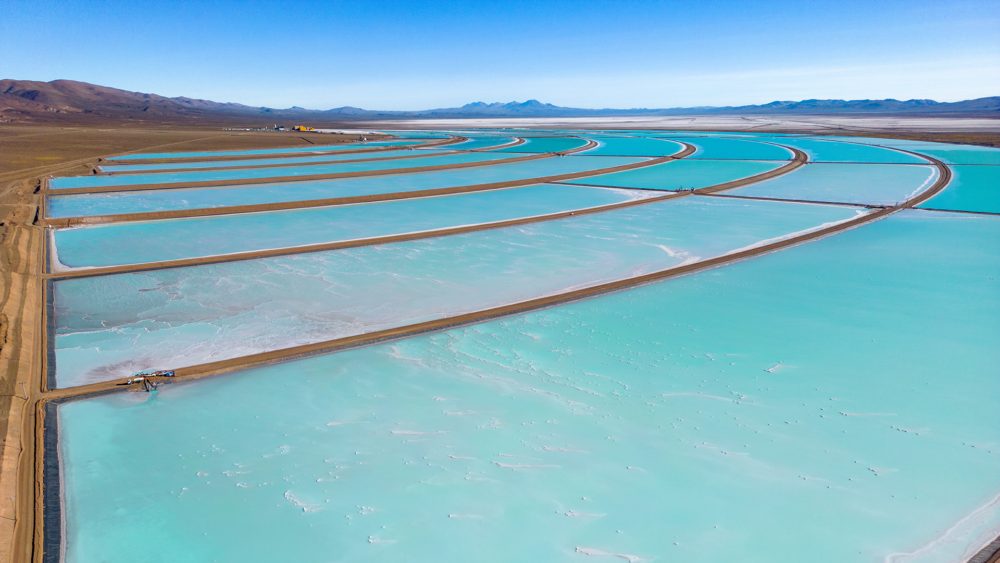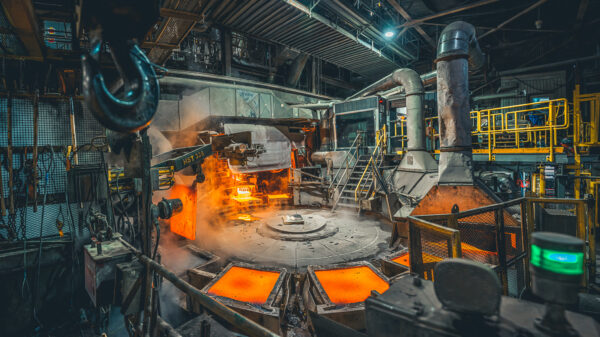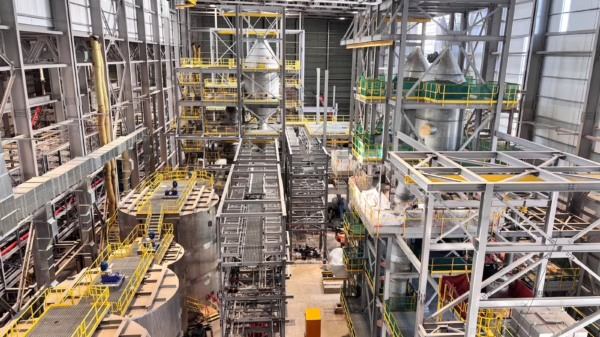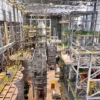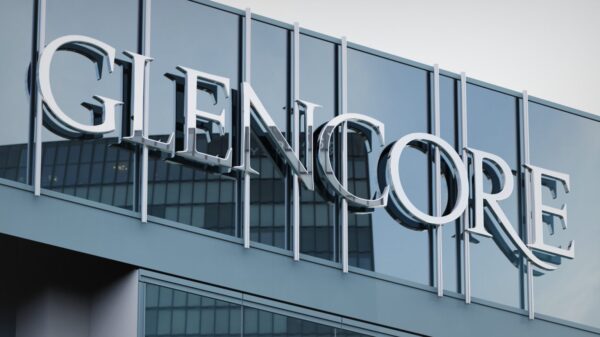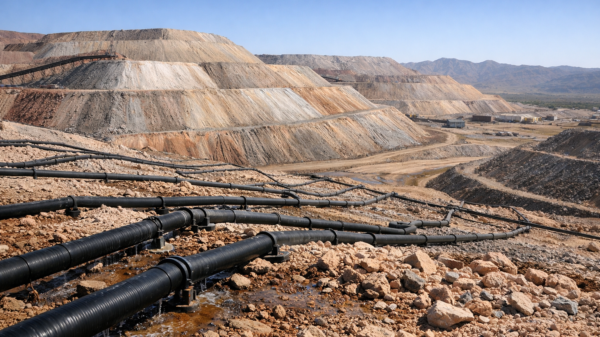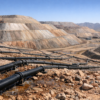Rio Tinto Group (NYSE: RIO) is looking to get into the Democratic Republic of Congo (DRC) to develop one of the largest hard rock lithium deposits in the world.
The negotiations have been going on for the past few weeks, and include the company’s intent to turn the Roche Dure deposit into a lithium mine.
The outcome of these talks remains uncertain as discussions are still in the early stages. The DRC aims to attract Western investment to counterbalance Chinese dominance in its mining industry. The country is also negotiating a minerals-for-security deal with the US to support its fight against regional insurgencies in its eastern provinces.
Multiple parties have shown interest in the Roche Dure lithium deposit, which Australian company AVZ Minerals initially identified. As of May 2019, estimates place the deposit’s mineral resources at 400 million tonnes, containing 1.65 per cent lithium oxide, 715 parts per million (ppm) of tin, and 34 ppm of tantalum.
Situated near the Manono lithium project in south-eastern Congo, the licence remains entangled in arbitration proceedings. AVZ Minerals initiated the dispute after the DRC Government revoked its rights and redistributed them, granting the northern section to Zijin Mining Group.
In March, AVZ Minerals announced that an International Chamber of Commerce tribunal had issued a partial award, ordering DRC’s state-owned Cominière to pay €39.1 million (USD$42.4 million) plus interest for failing to comply with emergency orders over the Manono lithium project.
Read more: Rio Tinto takes advantage of Argentina’s incentives program with $2.5B investment
Read more: Rio Tinto makes bid for lithium giant Arcadium Lithium
Rio Tinto aims to establish itself in lithium market
Rio Tinto’s talks with the DRC about developing the Roche Dure deposit highlight the company’s growing interest in battery metals, which are essential for the electric vehicle industry. The company aims to establish itself as a significant player in the lithium supply chain, unlike mining giants such as BHP and Glencore, which have approached the lithium market with more caution.
Rio Tinto expanded its operations last year by acquiring Arcadium Lithium Plc (NYSE: ALTM) for USD$6.7 billion and developing assets in Serbia and Argentina.
KoBold Metals, backed by investors such as Bill Gates and Jeff Bezos, has stated its intention to develop the deposit once legal disputes are resolved.
Speculation suggests that KoBold and Rio Tinto may collaborate on the mine, though both companies are also considering independent involvement, according to the report.
The discussions focus on the potential exploitation of Roche Dure, a site with ongoing legal disputes. Previously, the Australian company AVZ Minerals attempted to develop this lithium-rich area, but the Congolese government revoked its mining rights, triggering an ongoing arbitration process.
Despite the current downturn, Rio Tinto has historically delivered strong returns for dividend seekers. The company has offered substantial payouts in the past, with dividend yields exceeding 10 per cent in 2019, 2021, and 2022. Currently, the yield sits at around 7 per cent, making Rio Tinto an appealing option for investors seeking stability.
Investors are closely watching the developments at Roche Dure, as a successful negotiation between Rio Tinto and the DRC government could help revitalize the stock. The outcome of AVZ Minerals’ arbitration process will also play a crucial role in shaping the future of lithium mining in the region.
.

